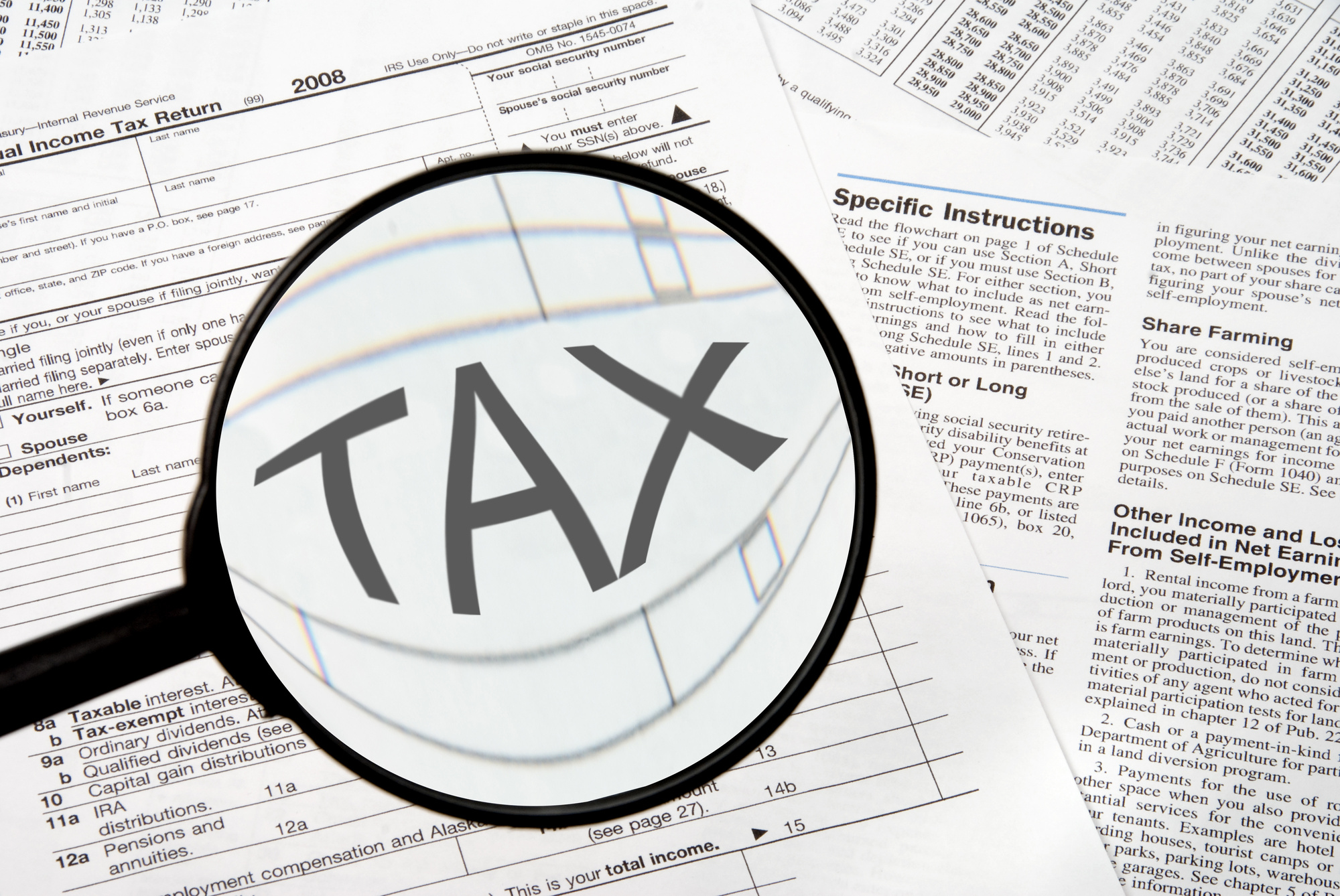
Paying taxes is an unavoidable part of life. Unfortunately, it’s not uncommon for unexpected expenses to arise that require immediate attention.
In some cases, this can make paying your taxes financially-straining or almost impossible.
Fortunately, you have the option to take out a loan to do so. But, there’s information that you need to keep in mind.
Not sure where to start? Don’t worry, we’ve got you covered.
Let’s take a look at everything you need to know about using a loan to pay taxes.
You’ll Avoid Late Fees and Penalties
One of the most concerning aspects of not paying your taxes on time is the late fees and penalties your experience from the CRA. For those who owe a significant amount of money on their taxes, this can easily lead to a complicated financial situation.
If you fail to file because you don’t have the money to pay, you’ll experience a 5% penalty. For every month that you don’t file, you’ll experience an additional 1% penalty for up to 12 months.
For example, if you owe $10,000 in taxes, choose not to file even though you’re obligated to, and then have the CRA impose penalties over the next 12 months, you’ll end up owing the CRA thousands of dollars more than you initially would have.
Installment Plan Expenses
Interestingly, the CRA is often more concerned with getting the money they’re owed than punishing people who haven’t paid it on time. So, if you choose to pay your taxes through an installment plan, you’ll be surprised to find the interest rate is notably low.
In general, you’ll find that the CRA is particularly accommodating for those who are attempting to satisfy their unpaid taxes.
However, there are numerous fees associated with taking part in an installment plan.
Although personal loans typically come with higher interest rates, the lack of additional costs often results in you paying less money overall compared to the CRA installment plan.
So, this is worth keeping in mind if you aren’t sure which path to take to handle your outstanding tax obligations.
You’ll Likely Save Money Vs Other Options
Many people consider using a credit card to pay the taxes. Although credit cards don’t come with the same type of costs as an installment agreement with the CRA does, the interest rate is typically the highest out of any option you can take.
So, it’s not unlikely that you’ll pay just as much or more by using a credit card compared to a CRA installment plan. This makes securing a personal loan the superior option in this scenario, as well.
You Need to Pay Your Loan Back ASAP
Once the taxes are paid, many people are overcome with a sense of relief that can distract them from the fact that they still owe that money to someone else. From here, the primary focus should be on paying the loan off as soon as possible to avoid dealing with the interest rate.
In fact, paying off your personal loan in a few months as opposed to an entire year can save you a significant amount of cash.
So, contribute more than your minimum payment towards your loan each month if there’s a possible option for you.
Consider Your Credit Score
If you have a particularly low credit score, your interest rates may become a concern when taking out a personal loan. After all, interest exists to serve as an equalizer for those who aren’t able to make payments on the money they borrowed.
Fortunately, there are ways to circumvent this issue.
For example, you can use a friend or family member as a cosigner on your loan to show your lender that the money they’re loaning is likely to be paid back in a timely manner.
Not only will having a low interest-rate reduce the total amount of money that you owe your lender, but it will also reduce your monthly payment. Those who don’t have the financial resources to contribute a large amount of money toward that each month will find this to be a relief.
What Happens If I Don’t Pay at All?
In addition to the fees and penalties your experience, the CRA will eventually come up with more creative ways to get their money.
For instance, you may find that they garnish your wages each paycheck and take a set amount from you proportionate to the amount that you owe them. In some cases, they may even file a tax lien against your property.
As you can tell, this can easily transform what was once a financial concern into an encompassing issue in your life.
So, you’ll need to take the best option that’s available for you, which is more than likely going to be pursuing a personal loan to pay off any debt you owe the CRA. From here, you can responsibly repay your debt to your lender and get your life back on track as soon as possible.
Using a Loan to Pay Taxes Can Seem Difficult
But it doesn’t have to be.
With the above information about using a loan to pay taxes in mind, you’ll be well on your way toward doing so as efficiently and responsibly as possible.
Want to learn more about how we can help? Feel free to get in touch with us today to see what we can do.
